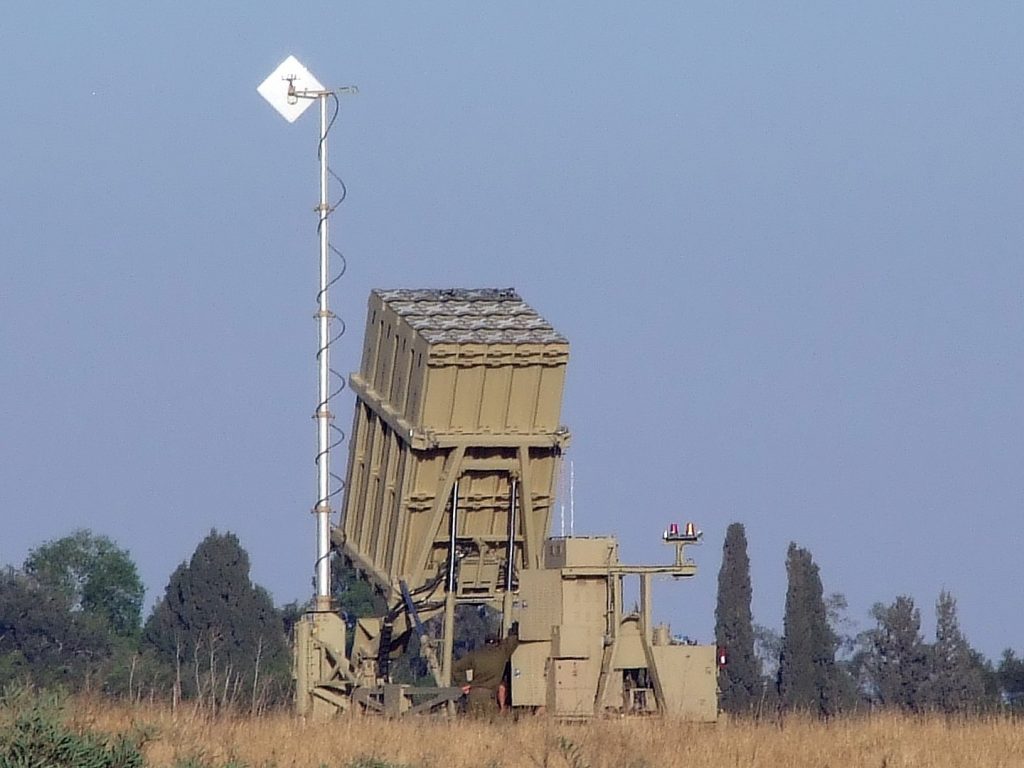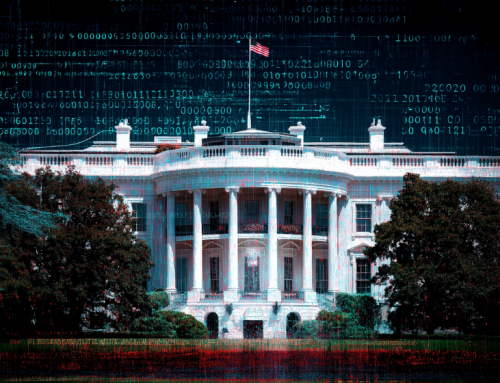
The Israeli Iron Dome defense, which shoots AI-guided missiles, is the inspiration for the Cyber-Dome, which is meant to protect the country from cyberattacks. (Source: Wikipedia/credit to Natan Flayer)
Israeli Government to Develop Cyber-Dome to Protect Computer Systems, Data
According to VentureBeat coverage of CyberWeek in Tel Aviv, Israel plans to beef up its cybersecurity by using AI and new big data for defending its computer systems.
Government officials hired Gaby Portnoy as the new director general of the country’s Cyber Directorate, or Cyber-Dome project, in preparation for future warfare.
Portnoy said, “the Cyber-Dome will elevate national cybersecurity by implementing new mechanisms in the national cyber perimeter and reducing the harm from cyberattacks at scale. The Cyber-Dome will also provide tools and services to elevate the protection of the national assets as a whole … and will synchronize nation-level real-time detection, analysis and mitigation of threats.”
According to recent research by the Center for Strategic and International Studies (CSIS), Israel is 14th in attacks globally, with 11 recorded wide-scale cyberattacks, making it one of the largest targets among those involved in the estimated $1 billion in losses from cyberattacks.
In addition, ransomware attacks in 140 have increased 600% in the past year, and Israel has been number 1 in those attacks since 2020.
Health institutions were not left out of the digital ambush either, as the Israeli Ministry of Health National Cyber Directorate (INCD) recorded in 2021 a dramatic increase in the degree and quality of cyberattacks on the country’s medical sector — with approximately 1,400 attacks weekly.
The name Cyber-Dome was derived from the country’s “IronDome,” a multimission, state-of-the-art mobile missile air defense system, which has been very successful. The strategy will require assistance and cooperation with other countries and will involve redesigning systems from the ground up to be pro-active against attacks. The Israeli Ministry of Health National Cyber Directorate (INCD) reported that it repelled 1,500 attacks last year from an array of actors.
In tackling these challenges, the INCD said it discovered there was no single “official enemy.” Instead, the attackers ranged from regular attackers to attack groups, proxies, independent crime-organizations and even private people. To build up a defense against these actors, Portnoy stressed that cooperation and mutual responsibility is vital. “You cannot fight cyber aggression alone. You have to have partners, at home, in your defense community, in the government, in the different sectors, in the academy, in the private sector and around the world.”
read more at venturebeat.com







Leave A Comment